Here are stories faculty and staff with the University of Tennessee Institute of Agriculture shared in June 2020 about how they transformed their work during the novel coronavirus pandemic.
We are asking UTIA members to provide information about how you have succeeded in your responsibilities amid the pandemic. The stories are important because they capture the ways we have found to deliver our mission of teaching, research, and outreach during a historic time.
Lisa Vassar, education director, UT Extension Ridley 4-H Center
The UT Extension Ridley 4-H Center has worked very diligently since March 2020 to post interactive activities and videos Monday through Thursday on our social media sites: Facebook, YouTube, Instagram, and Twitter. The goal is to provide state standards-based, hands-on learning opportunities for teachers, students, and their families as they maneuver through the task of distance learning. Our posts fall under the following themes: Magic Mondays; STEM Tuesdays; Wild Wednesdays; and “Th’earth’” days. All the activities are based on the curriculum used in our “Take A Walk on the Wild Side” program that is offered for kindergarten through eighth grades. Typically, these activities are led in a face-to-face field trip environment. Due to COVID-19 restrictions, our programming is now going into homes through virtual platforms.
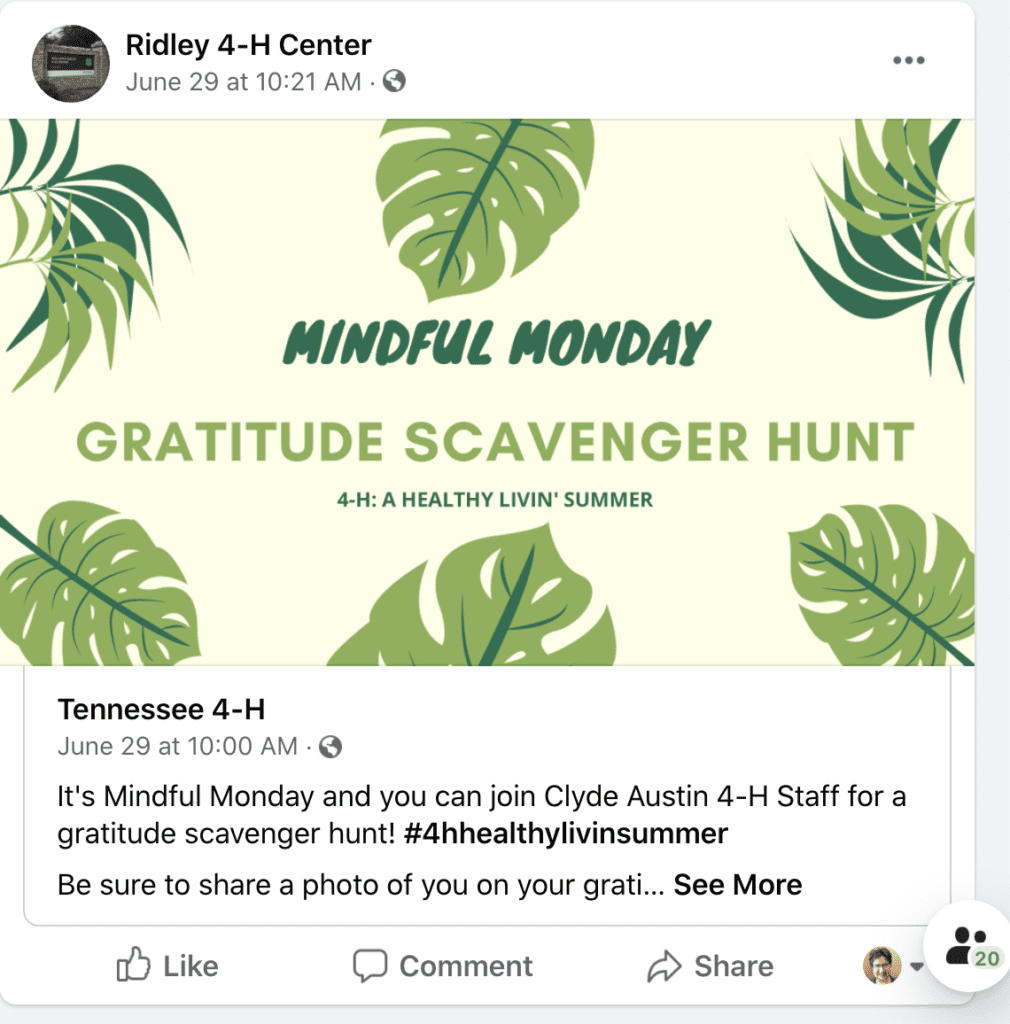
Walter Malone, Extension agent, 4-H Youth Development, UT-TSU Extension Sullivan County
In an effort to continue as many elements of the annual Bristol Junior Steer and Heifer Show as possible, we performed the following work. This is the seventy-sixth year for the event, which typically provides 4-H and Future Farmers of America (FFA) youth from primarily Tennessee and Virginia opportunities to exhibit market steers and heifers, and compete in showmanship, project record book, beef skill-a-thon, a college scholarship award, and beef carcass.
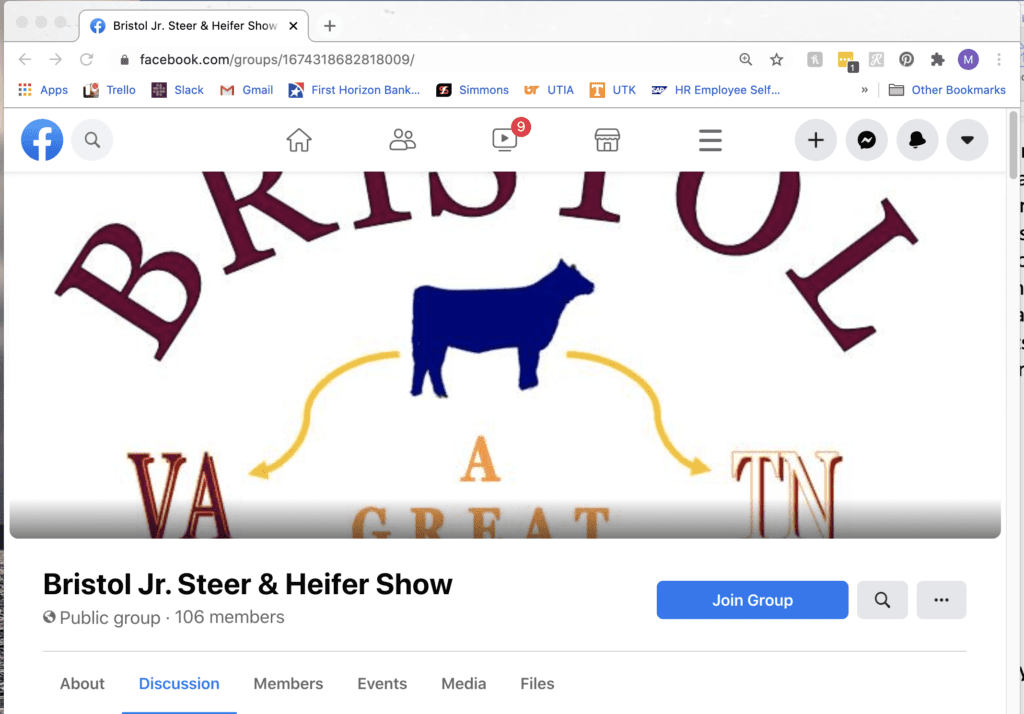
I am currently serving as chair for the Bristol Show along with co-chair Lauren McCroskey of Virginia Cooperative Extension (VCE). Lauren serves as an Extension agent in Smyth County, Virginia, with 4-H program responsibilities. Together and with the assistance of colleagues from both UT-TSU Extension and VCE, we brainstormed and took actions to continue many of the annual components of the Bristol Show with an emphasis on maintaining the market steer show. The Bristol Steer Show is set up as a terminal show with an option for beef processing and participation in a beef carcass competition following the live animal exhibition. This year despite the pandemic, twenty-five of twenty-six entries tagged in late 2019 entered a virtual steer show by submission of photos and video. Each entrant was asked to provide a front, rear, and side profile photo of their steer, as well as a video of the animal following a given example. These files and other information were collected via Google Forms. Judging was completed by sharing documents via Google. This year’s judge was Noah Henson. Noah has a livestock background with collegiate judging experience and is currently an agricultural Extension agent in Buncombe County, North Carolina.
In addition to the virtual steer show, many of the show’s other activities were continued. Aaron Fisher, UT Extension specialist for youth livestock and equine programs, created a beef skill-a-thon using QuestionPro, which allowed youth to participate online. The skill-a-thon was open to all Tennessee and Virginia youth and had more than eighty participants in three age divisions. Animal project record books and scholarship applications were modified for easier completion and submission online. Both of these activities were conducted with me collecting entries and other agents from both states serving as judges.
This year thirteen animals were processed and entered in the Bristol Beef Carcass Show. Carcass data was collected by two Extension agents from VCE located near the processor. An awards presentation was conducted with participants via Zoom on May 18 to announce results. We will complete the events by mailing premium checks and awards to participants.
David Mercker, Extension forester, UT Department of Forestry, Wildlife and Fisheries, West Tennessee AgResearch and Education Center
In an effort to be resourceful in reaching private forest landowners during COVID-19, Back Porch Forestry (BPF) was launched. BPF is a series of informal educational videos that address the subject of trees, forests, and forest management. The sessions are taped directly from my back porch. The intended audience consists of private forest landowners and professional foresters, although others find BPF interesting, too. In just six weeks, there have been more than 900 views and over fifty subscribers. To date, five BPF educational sessions are live on YouTube, while ten more sessions have been recorded and will be released over time.
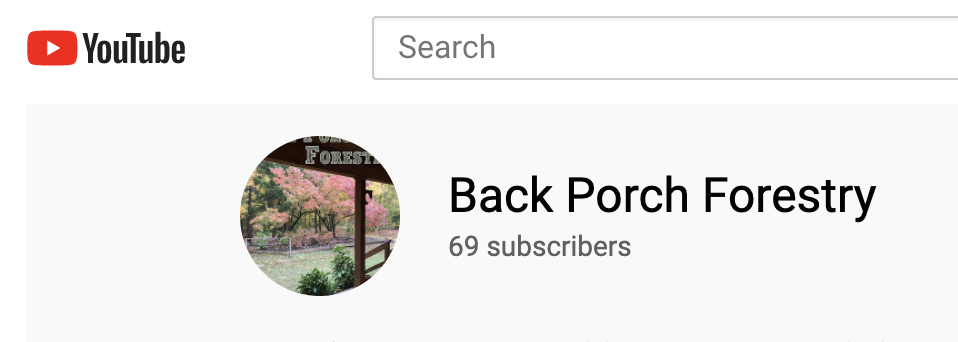
A few comments from recent participants include:
- “These sessions are very informative. In many ways they are better than in-person sessions. You can go back and replay as needed. Thanks.”
- “Information was practical and well stated for the average person who is wanting to learn about forestry and especially about White Oak species.”
- “Great work, Dr. Mercker! I expect to see a bottle of bourbon on that porch before the end of this series!”
A survey of the participants reveals that 89 percent rank the value of the BPF sessions a ten on a ten-point scale. Further, 97 percent indicated that they are willing to adopt new practices as a result of watching the sessions. The videos can be found on YouTube by searching “Back Porch Forestry.” A logo is available by contacting me.
Mike Stanley, IT administrator, UTIA Office of Information Technology Services
Back in April, I submitted a proposal to speak at the virtual National Extension Technology Community Conference about our Desktop Central system and how it allowed the Institute to transition to managing the majority of its computers even after they were taken home. This presentation was attended by seventy-five Extension professionals from universities around the country. The talk generated a great deal of conversation about how those institutions either have or could improve their computer management efforts.
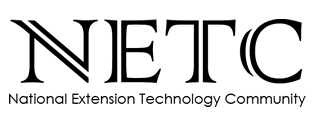
Charlotte Moore, county director and agent, Family and Consumer Sciences and 4-H, UT Extension Decatur County
Decatur County reached out to the community through Facebook and email to engage people in a May Marathon. With people quarantined at home, the May Marathon gave an incentive for people to stay active. A digital flyer was created and posted to allow people an easy way to sign up. We enlisted factories, schools, and the health department to get the message out. The Chamber of Commerce also helped promote the event.
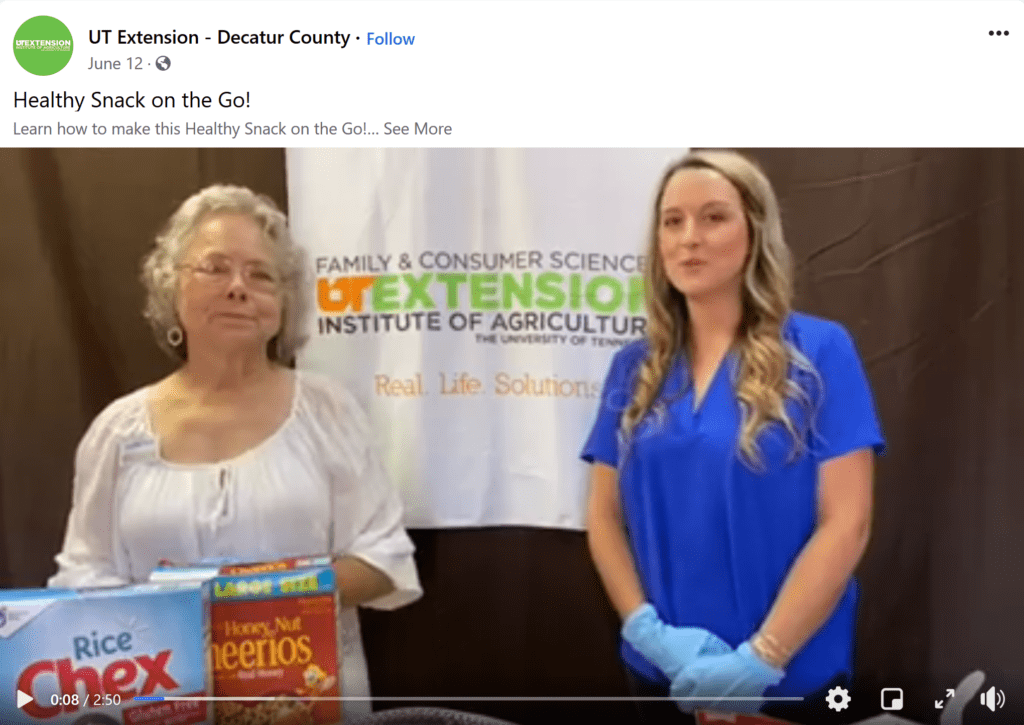
Through weekly posts, we encouraged physical activity and healthy eating. The Decatur County Health Council and the Healthy Decatur County Coalition helped with promotion and prizes. Eighty-one people signed up and made a goal to complete a half or a full marathon. Forty-two people reached their goal. Even for those who did not, most everyone increased their daily activity. After the May Marathon completed, many requested another walk, so we planned a Nature Walk Photo Challenge, and we have forty-two people signed up. We’re also creating videos to promote healthy snacking.